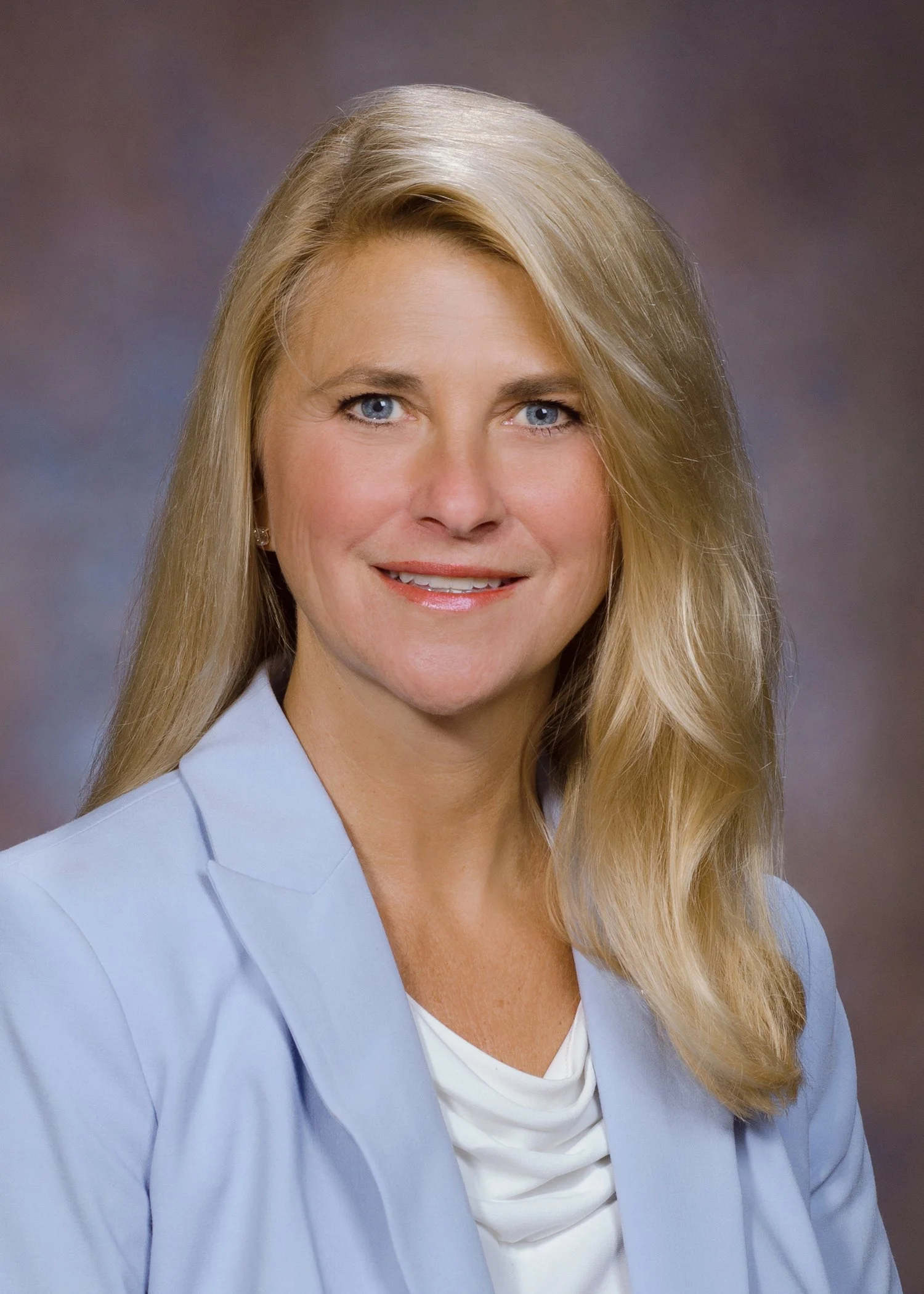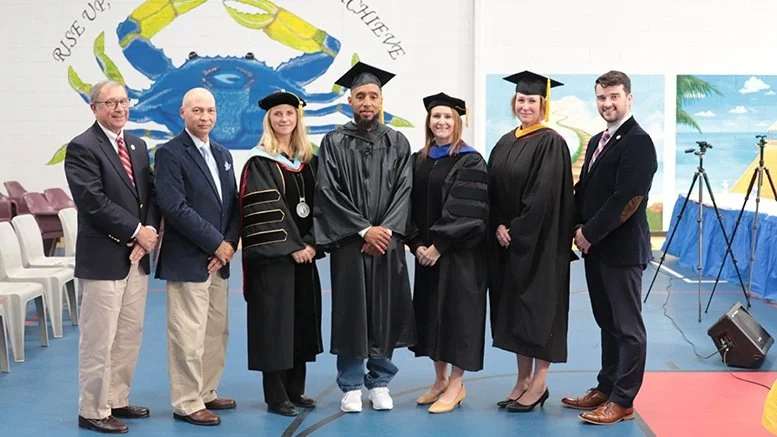Changing Lives Through Education: A Conversation with Dr. Shannon Kennedy on Higher Ed in Prison
Dr. Shannon Kennedy, president of RCC
Since 2008, Rappahannock Community College has partnered with Haynesville Correctional Center to provide meaningful educational opportunities for incarcerated individuals. Dr. Shannon Kennedy, president of RCC, shares her insights on the impact of the program, its challenges and why expanding higher education in prison is essential for building stronger communities.
How did Rappahannock Community College’s partnership with Haynesville Correctional Center begin?
Our partnership with Haynesville goes back to 2008 when we launched a program to offer incarcerated individuals an associate transfer degree. We were also proud to be among the first in the country to participate in the Second Chance Pell program. More recently, we’ve expanded to offer short-term credentialing programs, including SHINE, which prepares students for work in the solar industry. While we can only offer SHINE to individuals within six months of release, we know they leave with valuable credentials that could help them land jobs with companies like Strata Solar.
Why is expanding access to higher education in prison so important?
Education is the number one deterrent for recidivism. When we provide people with the opportunity to learn and grow, we’re not just changing their lives, we’re impacting their children, spouses and communities. It’s about giving them the skills they need to succeed when they reenter society and helping break the cycle for future generations.
What inspires you most about your college’s work inside correctional facilities?
Graduation Day is one of my favorite days of the year. The appreciation and pride our students feel are incredible. Seeing the transformation – both in the education they’ve earned and the confidence they gain – is deeply moving. Some of our faculty even volunteer to teach inside the prisons because they believe in the impact of this work.
What would you say to someone who’s skeptical about offering college programs to incarcerated individuals?
As a society, it’s our responsibility to help people move beyond their past so they don’t repeat it. By educating justice-impacted individuals, we’re doing our part to make the world a better place. We haven’t always treated people fairly on the front end, so we need to do better on the back end. It’s about rehabilitation, not just punishment.
What advice would you give other community colleges considering similar programs?
It’s absolutely worth pursuing. Yes, there are logistical challenges, but it’s not an impossible lift. We’ve just had to be more creative in how we deliver instruction. And I can tell you from experience, these students touch our lives as much as we touch theirs. The rewards far outweigh the challenges.
Incarcerated students with Rappahannock Community College faculty, administrators and other leaders celebrate a recent correctional education commencement. Photo Source: RCC


